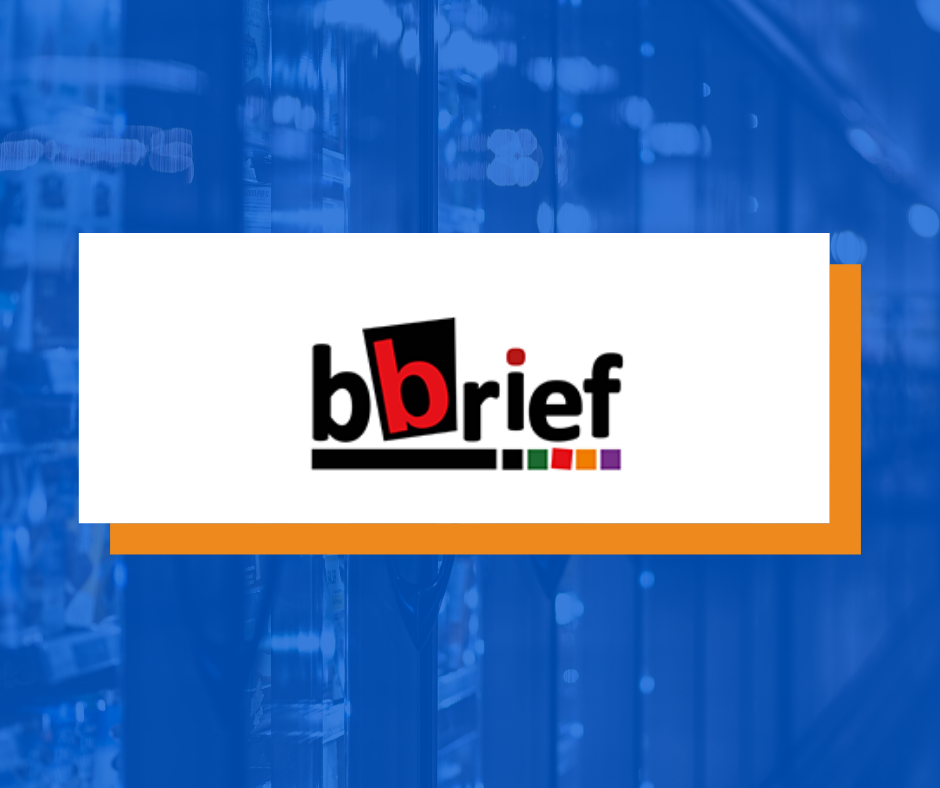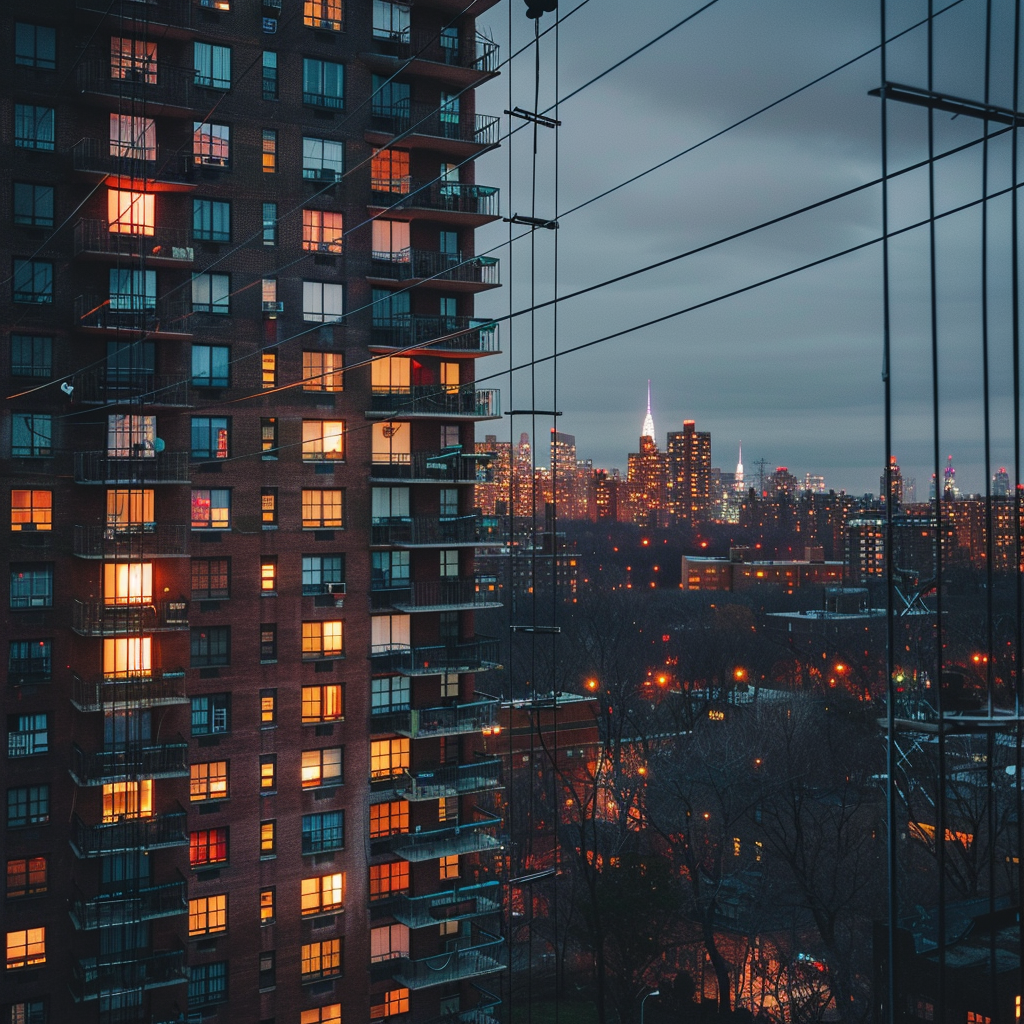It is unfortunate that President Cyril Ramaphosa did not use his 17 June announcement of modifications to South Africa’s level 3 lockdown as an opportunity to end the ill-considered ban on tobacco and related products.
Appropriately, on the same day, Africa Check confirmed that the government is losing around R35 million per day in excise taxes for tobacco products. South Africa is now one of the 20 most-affected countries by COVID-19 and case numbers keep rising. The tobacco sales ban will burden the health system with even more problems. Hence it’s time to stop this well-intended but harmful policy.
Ramaphosa claimed his silence on tobacco trading was because the matter is before court. But this was disingenuous. Over the last months, the government at multiple junctures changed lockdown regulations that were in the process of being challenged in court, likely in an attempt to save face. With the Gauteng High Court having dismissed the Fair Trade Independent Tobacco Association’s application to have the ban set aside, little stands in the way of government taking the initiative and doing away with this detrimental regulation that neither serves government’s nor consumers’ interests.
If it does not do so, it would defy belief that finance minister Tito Mboweni warned of the dangers of a cash-strapped government during the COVID-19 emergency budget while government persists with this fiscally irresponsible policy.
The amount of money lost in tobacco excise taxes government collects daily due to the ban is at least R35 million. This is not a mere number. Quantifying the opportunity costs to the South African economy that will occur once government grants South African Airways a contemplated R10.3 billion bailout, economist Jacques Jonker made some interesting calculations. A RDP house in South Africa is valued at around R158,000. An environmentally-friendly community clinic costs about R24.5 million. On those numbers alone, it seems that the state is losing what amounts to 30 RDP houses or 1.5 green clinics every day the cigarette ban continues.
Smoking legal tobacco products is not good for people’s health, but the sales ban did not stop people from smoking. Consumption has instead shifted to cigarettes purchased on the black market.
In the best case, this means just lost excise tax revenues for the government. Unfortunately, many cigarettes sold illegally do not come from legal manufacturers but from bad actors selling counterfeit sticks. Indeed, the counterfeit trade in South Africa has grown considerably since the lockdown began, according to Yusuf Abramjee. These products did not undergo any safety or quality tests and are much more harmful than legal products, potentially containing pesticides, arsenic, and rat poison.
On top of that, illegal street vendors do not comply with any health and safety or social distancing requirements. By banning the legal sales of cigarettes the government does, therefore, cause more harm than doing good.
But health is not and cannot be the only measure of an individual’s interests.
It is true that South Africa’s healthcare system is not up to standard, but that is no reason to keep cigarette sales banned. It is opportunistic and heavy-handed to use the government’s own historical shortcomings in building an efficient healthcare sector to justify curbing South Africans’ constitutional freedoms. It is also offensive to the Rule of Law, which requires reasonableness and impartiality in governance, not self-serving politicking.
It is also worth noting particularly with reference to COVID-19, however, that the danger to people with nicotine in their bodies – smokers – is less than the danger to others. The research in this regard ought not be ignored, as doing so has already caused government to enact policy that might see more people hospitalised for smoking counterfeit cigarettes. Keeping up the ban will cause an additional burden to South Africa’s hospitals, which is especially concerning given the rising numbers of COVID-19 cases in the country.
The continued ban on tobacco and related products is evidently irrational and counterproductive. It does not serve government, which as Mboweni’s emergency budget confirmed, is losing billions in revenue. It does not serve ordinary South Africans, who have certainly not stopped smoking but have turned to potentially dangerous, but available, cigarettes. And it does not serve the fight against COVID-19, as persons with nicotine in their bodies are at least at no greater risk for exposure, and at best have a smaller risk to contract the virus.
Originally published here.
The Consumer Choice Center is the consumer advocacy group supporting lifestyle freedom, innovation, privacy, science, and consumer choice. The main policy areas we focus on are digital, mobility, lifestyle & consumer goods, and health & science.
The CCC represents consumers in over 100 countries across the globe. We closely monitor regulatory trends in Ottawa, Washington, Brussels, Geneva and other hotspots of regulation and inform and activate consumers to fight for #ConsumerChoice. Learn more at consumerchoicecenter.org




